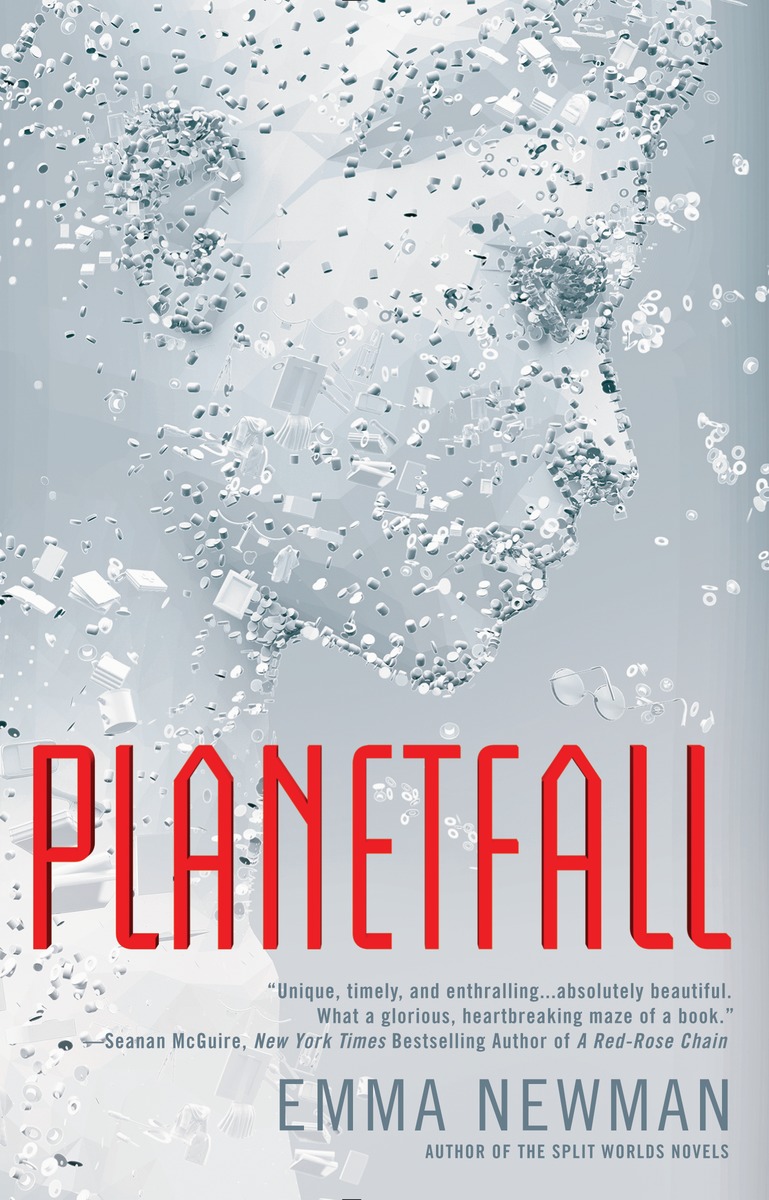Stories and Stigma: The Importance of Anxiety and Other Disorders in Fiction

I’ve been thinking about conscious and unconscious decisions lately, particularly two that I’ve made in recent years. Both of them relate to mental illness.
The first was conscious: I decided to be open about the fact that I have an anxiety disorder. That decision was made a few years ago, when I started to take part in life online.
It wasn’t made lightly, and I don’t think I need to explain why! I felt that the work I did at the time (copywriting whilst writing fiction and trying to get published) wouldn’t be threatened by being open, and I was in a secure, loving environment at home. Many, many people who struggle with anxiety aren’t so lucky.
It bothered me that so little is said about living with an anxiety disorder in the mainstream media and that when it is, anxiety is often ridiculed, belittled, or simply laughed off. It’s alienating to see something you struggle with being treated so flippantly or, even worse, never acknowledged at all. “Am I the only one who feels like this?” can so easily spiral into, “No-one else seems to find this stuff hard, so there must be something really wrong with me,” and then further into self-hate and deepening anxiety.
My hope was that if I spoke openly about my anxiety disorder, maybe someone else who feels the same way might experience relief—perhaps even a quiet comfort that comes from knowing they are not alone. Every time I talk on Twitter about the latest bit of mental wrestling I’ve had to do to get through the day, so many people start to share their own experiences, often over private messages. With other far more prominent authors and celebrities doing the same, my hope is that eventually, the stigma will fade.
At the time of writing this, Planetfall (my latest novel) has been out for a month. I’ve had other books published before, but I was particularly nervous about this one. For one thing, it was my genre debut in science fiction (my previous books were urban fantasy) and for another, my protagonist, Ren, struggles with mental illness.
I don’t suffer from the same disorder as her, although both are rooted in anxiety. There’s an overlap, and for those aspects, I could draw upon my own experiences, but for a lot of the more extreme manifestations of her illness, I relied upon research and empathy. I fretted a great deal about whether I wrote it with accuracy and with enough sensitivity and authenticity. When it was released, all I could do was hope it would find readers who loved it, like all authors do.
What I didn’t anticipate was the reaction from readers with anxiety disorders. They’ve expressed relief, thanks, and joy at seeing a woman with a similar experience to their own at the center of a science-fiction story. One reader said that a scene where Ren has a panic attack allowed her to process her own experience of that within a safe, calm space.
I hadn’t even considered that. This leads me to the second decision I’ve been thinking about lately: the unconscious decision to put the struggle with anxiety at the heart of a sci-fi story.
That seems contradictory. I wrote the book; surely everything I put in there exists because of a conscious decision to do so? What I’m talking about here is the reason behind that decision. I thought it was because I felt a compulsion to explore the disorder and the idea I’d had for a character that simply wouldn’t let me go. In fact, I wonder if the unconscious element was the need to see someone with an anxiety disorder in fiction—specifically, in the genre I’ve always loved the most. I’d read about characters with addiction, PTSD, monomania, and a few characters on the autistic spectrum in several genres, but not the disorder Ren struggles with.
That unconscious motivation is part of that conscious decision to be open about anxiety I made all those years ago. Being more open about mental illness in everyday life is critical, but I’ve come to realize that reading about it in our fiction is just as important. When we consume stories in any medium, they speak more powerfully when we can see an aspect of ourselves in the characters. We’ve seen so many films about young men struggling with father issues, and whilst that is an important story, there are many, many more just as important that are rarely told. There are swaths of the population who can watch fifty films, read dozens of books, and never see themselves anywhere in them, and the same goes for the experience of mental illness.
I think I wanted the experience of anxiety seen and acknowledged within a science-fiction setting because I hope that one day people living with mental illness, like I and many others do, will be seen in stories across all genres and all media. Then we can all be comforted and nourished, by a glorious diversity of characters and journeys, instead of just a few.
Emma Newman writes dark short stories and science fiction and urban fantasy novels. Her latest science-fiction novel, Planetfall, was recently published by Roc. She won the British Fantasy Society Best Short Story Award 2015 and Between Two Thorns, the first book in Emma’s Split Worlds urban fantasy series, was shortlisted for the BFS Best Novel and Best Newcomer 2014 awards. Emma is an audiobook narrator and also co-writes and hosts the Hugo-nominated podcast Tea and Jeopardy which involves tea, cake, mild peril and singing chickens. Her hobbies include dressmaking and playing RPGs. She blogs at www.enewman.co.uk and can be found as @emapocalyptic on Twitter.
—Please make note of The Mary Sue’s general comment policy.—
Do you follow The Mary Sue on Twitter, Facebook, Tumblr, Pinterest, & Google +?
Have a tip we should know? tips@themarysue.com